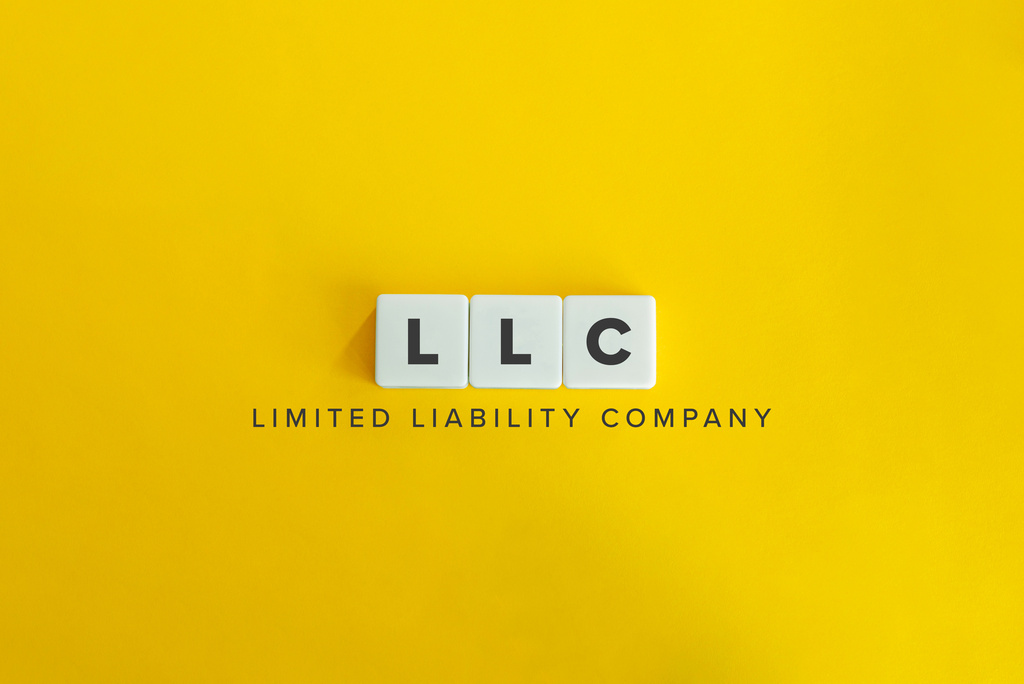The benefits of an LLC are personal asset protection, taxation or operational practices flexibility, and lower criteria.
Personal Liability Protection
A significant benefit of starting an LLC is that this distinguishes your private assets from your business. This protects your car, property, or bank reserves if your business gets sued or defaults on bank loans.
This fails to apply if you act as a guarantor for company financing. This will give creditors grounds to hold you legally liable to clear off all debt. Also, you may even be held directly responsible with a lawsuit when there is clear evidence of negligence or fraud incurring damages to the relevant parties.
Low-Cost or Less Effort to Form
Relative to companies, forming a company as an LLC is rather convenient or low-cost. Depending on your state, the paperwork is minimal, along with the costs. On top of filling in a brief registration form, you must file documents on the organization and operating contracts. You generally do not want craft these all yourself. You may seek professional advice.
Starting an LLC often appeals more to small businesses, as it takes far less administrative effort. LLCs are not asked to convene a yearly shareholders conference, nor do they have to compose an annual report yearly.
Flexible Taxation
Picking an LLC as your entity form provides you with several distinct choices on ways to submit tax bills. Only when an LLC requests to be taxed in the capacity of a C Corp, LLCs are not levied with corporate taxes; instead, these deliver profits directly to the partners as direct income. Otherwise termed pass-through taxation provides savings by omitting double taxation (both for corporate and personal levels). Still, based on the tax category you select, you might be levied with self-employment taxes.
The recent alterations to tax laws termed generally as QBI (qualified business income) deduction may enable many LLCs to qualify for the federal tax waivers upon pass-through income. Up to 2025, company owners with pass-through income can waive up to 20% of their aggregate income for their federal tax returns.
Ownership and Management Flexibility
The LLC company unit enables partners to decide how profits get distributed. This varies from the regular partnership, which demands all partners to distribute enterprise revenue equally. Instead, LLCs would allow profits to get divided by specific terms determined in the working contract.
Also, no restrictions exist on how many partners an LLC can hold. There is no need to appoint a governing body or the board of company directors.
Appropriate For Individuals
The benefits of an LLC in protecting assets do not only apply to multi-partner companies. Single members may further gain by operating a single-member LLC as the LLC grants one personal asset protection in certain states. You get a more significant vote, the right to determine how to be taxed. For some businesses, opting to be taxed as an S Corp can generate tax savings; however, state laws may vary.
